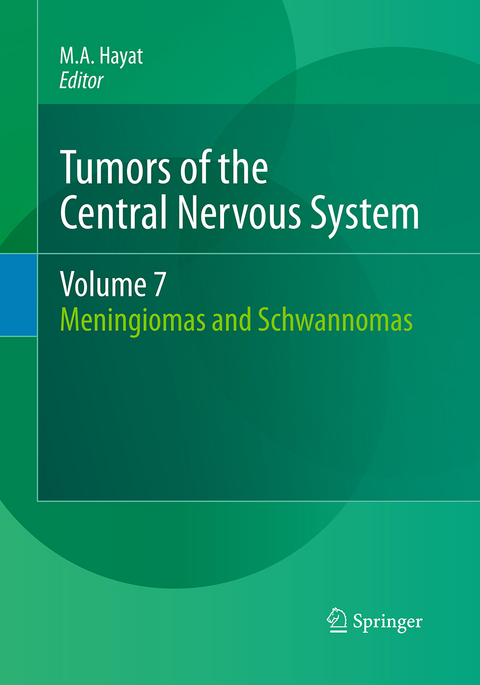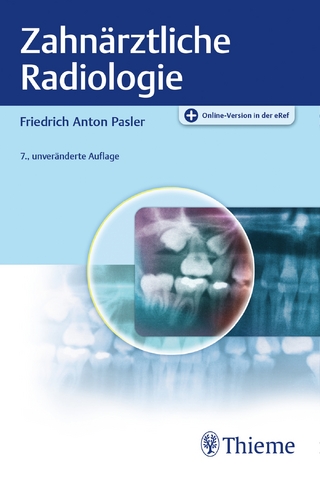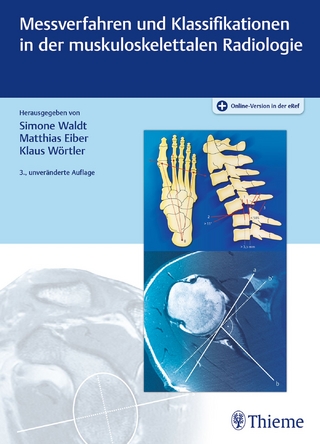
Tumors of the Central Nervous System, Volume 7
Springer (Verlag)
978-94-017-7933-3 (ISBN)
Various aspects, including diagnosis, therapy, and prognosis, of two brain tumors (meningioma and schwannoma) , of brain tumors are discussed in this volume. Insights on the understanding of molecular pathways involved in brain tumor biology are explained. For example, the role of E-cadherin gene instability, carbonic anhydrase 11, urokinase plasminogen activator, and Wnt signaling is discussed in detail. Such information will lead to the development of effective aniicancer drugs. The role of molecular genetics and epigenetic mechanisms in schwannomas is explained. Also, is explained the role of cyclin D1 in vestibular schwannoma. The determination of subtypes of meningiomas using perfusion magnetic resonance imaging is explained. Diagnosis of incidentally discovered meningioma and cystic papillary meningioma is also included. Diagnosis of facial nerve schwannoma, vestibular schwannoma, and intermediate nerve schwannoma is explained. Treatments for atypical meningioma, oncocytic meneingioma, intracranial meningioma, and cavernous are presented. Therapeutic methods such as neurosurgery, Gamma knife radiosurgery, and adjuvant radiation for this cancer are included. Large number of other treatments, including radiosurgery, retrosigmoidal craniotomy, and immunotherapy, for vestibular schwannoma patients are detailed.
MENINGIOMAS.- Molecular Genetics.- 1. Meningiomas: Role Of Semaphorin3a Protein In Antiangiogenesis.- 2. Meningiomas: Role Of Carbonic Ahydrase Ii.- 3. Meningiomas: Role Of Genetic Instabilities Of The E- Cadherin Gene.- 4. Intracranial Meningiomas: Role Of Exogenous Hormones.- 5. Meningiomas: Clinical Needs And Molecular Insights.- 6. Meningioma: Urokinase Plasminogen Activator.- 7. Mir-200a Regulation Of The Wnt Signaling In Meningioma Tumorigenesis.- Diagnosis.- 8. Meningiomas: Determination Of Subtypes Using Perfusion Magnetic Resonance Imaging.- 9. Intracranial Meningioma In Mice: Noninvasive Bioluminescence Imaging.- 10. Incidentally Discovered Meningiomas: Growth Rates And Patterns.- 11. Cycstic Papillary Meningioma: Diagnosis.- 12. Meningioma Tumors: Detection Of Subgroups.- 13. Prognostic Parameters In Atypical And Malignant Meningiomas.- 14. Sporadic Meningioangiomatosis: Diagnosis With Computed Tomography And Magnetic Resonance Imaging Therapy.- 15. Atypical Meningioma: Distinguishing Features And Role Of Adjuvant Radiation.- 16. Gamma Knife Radiosurgery For Benign Meningioma: Significance And Therapeutic Potential.- 17. Oncocytic Meningioma: Neurosurgery.- 18. Intracranial Meningiomas: Treatmnent And Quality Of Life.- 19. Cavernous Sinus Meningiomas: Optimal Treatment.- Recurrence.- 20. Genetic And Clinical Features Associated With Recurrence In Atypical Meningioma.- 21. Recurrence And Progression In Meningiomas.- 22. Meningioma: Role Of Erythropoietin Receptor In The Tumor Recurrence.- SCHWANNOMAS.- Molecular Genetics.- 23. Cyclin D1 Expression In Vestibular Schwannoma.- 24. Schwannomas: Role Of Molecular Genetics And Epigenetic Mechanisms.- Diagnosis.- 25. Facial Nerve Schwannoma: Diagnosis Using Magnetic Resonance Imaging.- 26. Vestibular Schwannoma: Optimizing Tumor Growth Monitoring By Volume Measurements.- 27. Intermediate Nerve Schwannomas.- Therapy.- 28. Vestibular Schwannoma,Radiosurgery And Hydrocephalus.- 29. Solitary Vestibular Schwannoma: Decision Making Of Treatments.- 30. Stereotactic Radiosurgery For Trigeminal Schwannoma: Tumor Control And Functional Preservation.- 31. Vestibular Schwannoma: Gamma Knife Radiosurgery.- 32. Vestibular Schwannoma: Gamma Knife Radiosurgery (Method).- 33. Vestibular Schwannoma Surgery: Use Of Fat Implant To Prevent Cerebrospinal Fluid Fistula.- 34. Retrosigmoidal Craniotomy For Vestibular Schwannoma Patients: Postoperative Cerebrospinal Fluid Leak.- 35. Vestibular Schwannoma Surgery: Histological Considerations And Operative Results.- 36. Vestibular Schwannomas: Treatment With Bevacizumab.- 37. Management Of Vestibular Schwannoma Patients: Quality Of Life Outcomes After Treatment.
| Erscheint lt. Verlag | 23.8.2016 |
|---|---|
| Reihe/Serie | Tumors of the Central Nervous System ; 7 |
| Zusatzinfo | 35 Illustrations, color; 32 Illustrations, black and white; XXXV, 359 p. 67 illus., 35 illus. in color. |
| Verlagsort | Dordrecht |
| Sprache | englisch |
| Maße | 178 x 254 mm |
| Themenwelt | Medizin / Pharmazie ► Medizinische Fachgebiete ► Laboratoriumsmedizin |
| Medizin / Pharmazie ► Medizinische Fachgebiete ► Mikrobiologie / Infektologie / Reisemedizin | |
| Medizin / Pharmazie ► Medizinische Fachgebiete ► Onkologie | |
| Medizin / Pharmazie ► Medizinische Fachgebiete ► Pharmakologie / Pharmakotherapie | |
| Medizinische Fachgebiete ► Radiologie / Bildgebende Verfahren ► Radiologie | |
| Medizin / Pharmazie ► Studium | |
| Naturwissenschaften ► Biologie ► Zoologie | |
| Schlagworte | Cancer recurrence • immunotherapy • Meningiomas • radiosurgery • Schwannomas |
| ISBN-10 | 94-017-7933-3 / 9401779333 |
| ISBN-13 | 978-94-017-7933-3 / 9789401779333 |
| Zustand | Neuware |
| Informationen gemäß Produktsicherheitsverordnung (GPSR) | |
| Haben Sie eine Frage zum Produkt? |
aus dem Bereich


